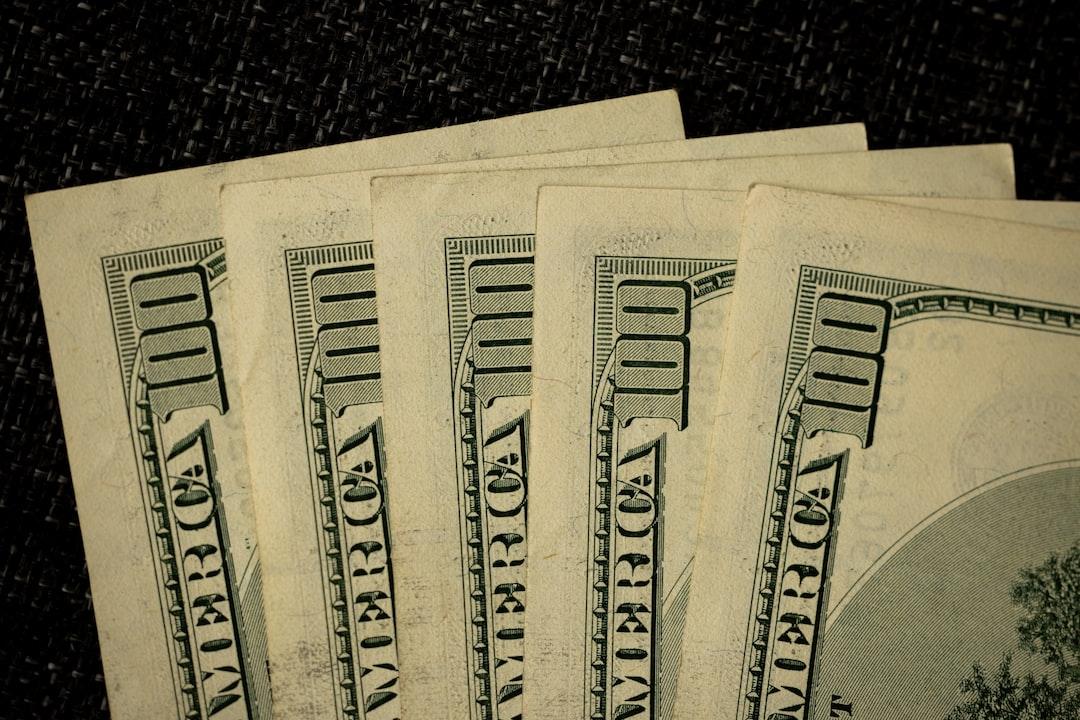Donald Trump, the Republican presidential candidate, has been found guilty on all 34 counts of falsifying records related to a sex scandal. This verdict could have a significant impact on his upcoming campaign for the 2024 U.S. election. Meanwhile, there has been a notable shift in U.S. crypto regulation, and Trump has taken advantage of this by positioning himself as a pro-crypto candidate.
The political shake-up began when Joe Biden threatened to veto the Congressional Review Act (CRA) H.J.Res. 109, which aimed to review and remove the Securities and Exchange Commission’s (SEC) Staff Accounting Bulletin No. 121 (SAB 121). The U.S. Congress successfully passed H.J.Res. 109 with an exceptional bipartisan vote rate. Craig Warmke, co-author of Resistance Money and Bitcoin Policy Institute fellow, believes that Trump saw an opportunity and seized it.
Although Trump previously expressed his disapproval of Bitcoin, his stance on U.S. crypto regulation changed as the Senate became more amenable to it. He made open promises to support the crypto industry, declaring that the U.S. should lead in this field, advocating for the right to self-custody, accepting crypto donations for his campaign, opposing the creation of a central bank digital currency (CBDC), and vowing to protect Bitcoin from Elizabeth Warren and her supporters.
This shift in Trump’s position on crypto regulation instilled hope in the crypto community, attracting the attention of pro-crypto voters. As a May 2024 poll by the Digital Currency Group (DCG) revealed, Trump’s new stance could force Biden to reconsider his anti-crypto stance, especially considering the potential influence of crypto voters in swing states.
However, with Trump now facing criminal conviction, his presidential candidacy and the positive shift in U.S. crypto policy may be at risk. The final sentence for his conviction is scheduled for July 11, 2024, just a week before the Republican Party Convention where he is expected to be nominated. Trump could potentially appeal the sentence, leading to a postponement until 2025, by which time he may already be in the White House.
While it is unlikely that Trump will serve jail time for the offenses he has been convicted of, his age, status, and lack of previous criminal records work in his favor. Even if he were to be sentenced to jail, the U.S. Constitution does not disqualify someone with a criminal record from serving as President. Therefore, Trump could technically continue as President even if convicted.
The future of pro-crypto policies is uncertain if Trump is removed from the presidential race. Social pressure or the Republican party may push him to withdraw his candidacy, and it remains unclear whether the party would support his pro-crypto stance. Ron DeSantis, a rival for the Republican candidacy, has criticized Biden’s anti-crypto measures but has not explicitly endorsed crypto in the same way Trump did.
The crypto community, accustomed to market volatility, remains unfazed by political uncertainties. However, Trump’s conviction adds another layer of unpredictability to a market that is used to constant shake-ups.

